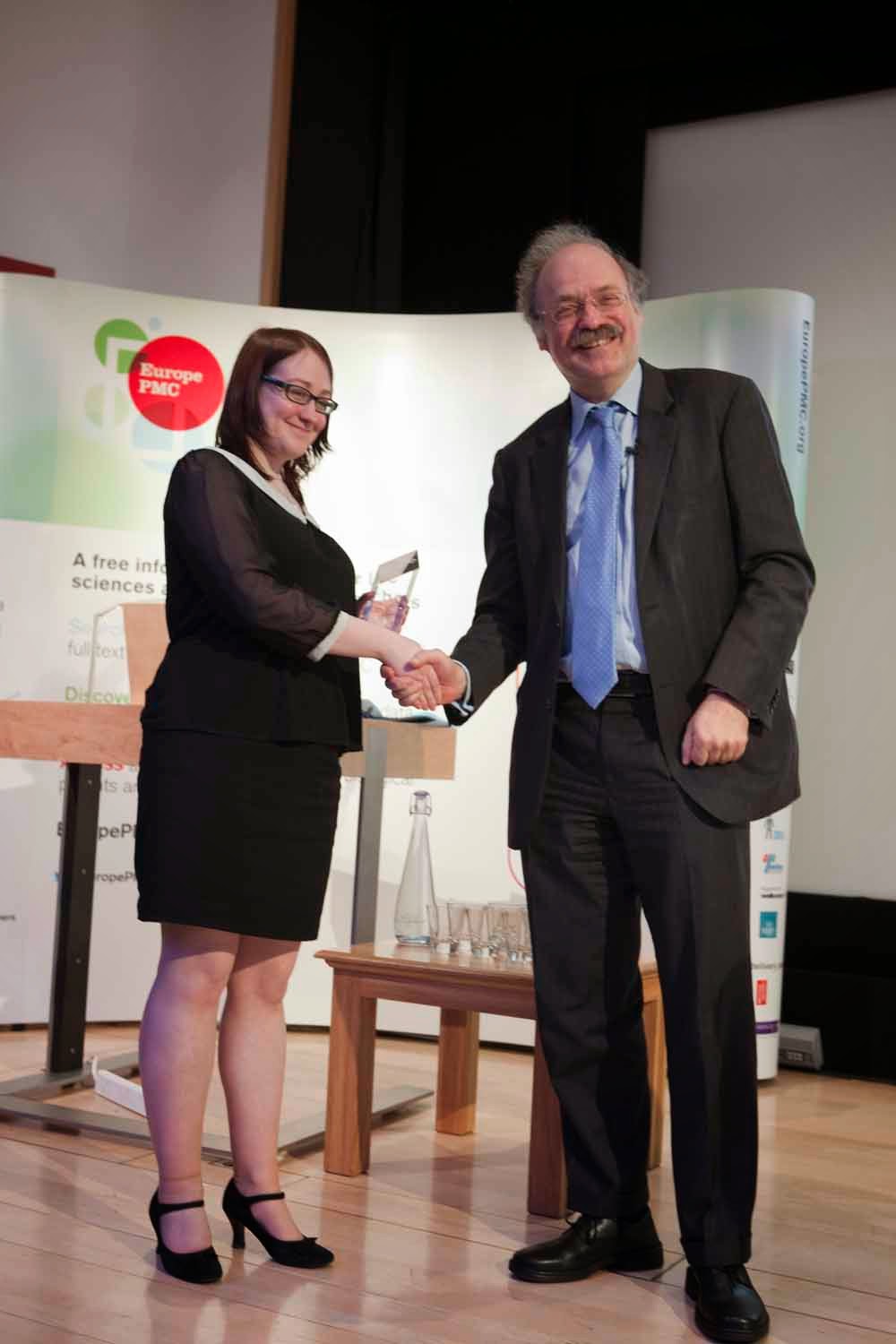My background is in psychology, which means that over the
years I’ve learned to steel myself against the inevitable question: “Can you
read my mind?” Unfortunately, my ability to produce a witty reply is only
slightly better than my ability to read minds, so an awkward pause is pretty
much the best my questioner can hope for. Undoubtedly many of those asking this
question are joking (though I can’t be sure, I can’t read their minds).
Nevertheless, when the first thing that people associate with psychology is
something psychologists can’t actually do, it’s clear that something needs to
change.
what it is we really do all day. Open access publications, which allow people
to read papers without a subscription fee or one off payment, are a great start
to making science more accessible to everybody. However, the presence of jargon
can make these publications difficult to follow – even scientists within the
same broad field can struggle to understand the terms used in their colleagues’
publications.
advent of new technologies. Research as a discipline is also progressing,
having undergone fundamental changes over the past two decades. Thanks to these developments, the previously
arduous process of searching for information has been condensed into seconds;
instead of skimming through pages and pages of books and journals, we can find
hundreds of relevant articles merely by pressing a few keys. Scientific
research is expanding. Findings are no longer hidden within the walls of
universities and libraries, but accessible to millions of people around the
world.
are often two very different things. This theme was at the heart of the Access to Understanding ceremony 2014. The speeches given by Sir Mark Walport (Chief Scientific Advisor to the Government) and Sharmila
Nebhrajani (CEO of AMRC and chair of judging panel), among others, highlighted the need for more people who can
translate research articles into accessible language. Additionally, we as
scientists can make our research available to a wider audience, by working on
plain English summaries and clear explanations of our findings. My own field, Cognitive
Neuroscience, is only a few decades old, but has already facilitated huge leaps
forward in our understanding of the human brain. That said, expanding knowledge
within the academic community is one thing, translating it into real change is
quite another.
 |
|
Elizabeth Kirkham receives her first place award
from Sir Mark Walport, 24 March 2014
|
in their endeavours to make science accessible to a broader audience. The power
of scientific discovery should not be stifled by an inability to communicate
its relevance beyond the laboratory. Perhaps wider communication could also
save future generations of psychologists from having to answer that dreaded
question. After all, even if we could read minds, we’d never get the ethical
approval to do so.



